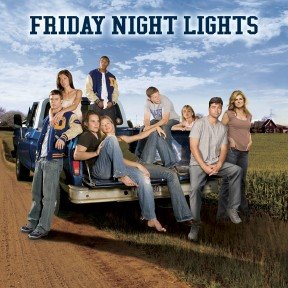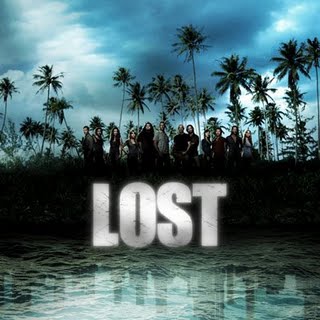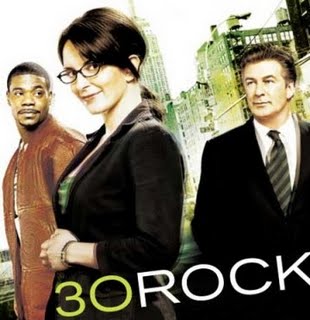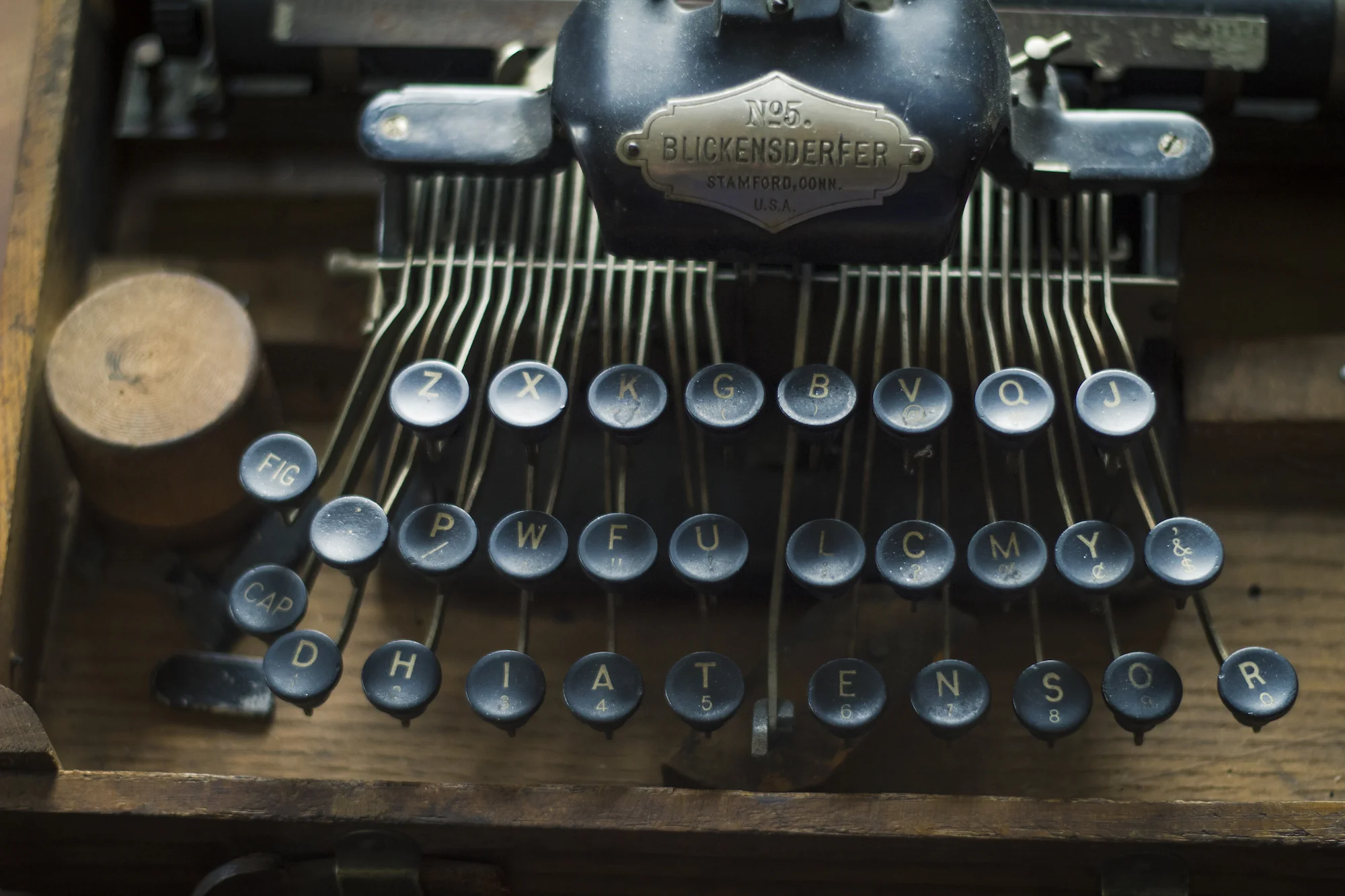Patty asked me to rank the top five shows on television. At first I was torn between trying to decide between my favorite five shows and what I considered the best five shows, but it turned out not to be an issue. Times have changed, and the critical darlings that I appreciated but never managed to warm to ('The Sopranos,' 'The Wire') are now retired, leaving the difference between what I and admire the most and love the dearest completely negligible.
Also, I generally think that whatever I like is probably what’s best for America. Onward!
With apologies to: ‘The Office,’ ‘Family Guy,’ ‘Entourage,’ ‘House,’ ‘Flight of the Conchords,’ ‘The Colbert Report,’ and ‘Weeds.’
 5. (tie) ‘Pushing Daisies' (ABC) and ‘Friday Night Lights.’ (NBC and DirectTV)
5. (tie) ‘Pushing Daisies' (ABC) and ‘Friday Night Lights.’ (NBC and DirectTV)
The two shows couldn’t be more different: one’s a fanciful, vibrant fairy tale about a man who can bring back the dead for 60 seconds, the other a cinéma vérité look at Texas high school football. A year ago it would’ve been FNL by a landslide (a year ago “Daisies’ wasn’t on the air yet, so I guess the point is moot), but FNL’s second season maintained its excellent direction and writing but lost narrative direction, to say the least – by the end of the season, it was inexplicably a show about girl’s volleyball. Still, hope springs eternal, and with promise by its creators of better focus this year, it remains a top-five show. Meanwhile, ‘Daisies’ remains the most original show on broadcast television – a little Harry Potter, a little Amelie, all in sparkling highly saturated color. Extra points for breakout stars Anna Friel and Houston’s own Lee Pace
and writing but lost narrative direction, to say the least – by the end of the season, it was inexplicably a show about girl’s volleyball. Still, hope springs eternal, and with promise by its creators of better focus this year, it remains a top-five show. Meanwhile, ‘Daisies’ remains the most original show on broadcast television – a little Harry Potter, a little Amelie, all in sparkling highly saturated color. Extra points for breakout stars Anna Friel and Houston’s own Lee Pace
4. 'Californication.' (Showtime)
This one was a shock to me, but Showtime’s rather purple take on a struggling writer’s attempt to win back his  ex-wife turned out to be one of the best shows I watched last year. David Duchovny found a role that fits him even better than Fox Mulder – as Hank Moody, he’s profane, narcissistic, and vicious, yet in a quiet, self-loathingly Zen-like manner that seems almost admirable. The James Dean of failing authors. Having a show on HBO or Showtime is often a boon – the shows spend more money over less episodes in order to keep quality high, and on shows like this one, it’s definitely clear that the
ex-wife turned out to be one of the best shows I watched last year. David Duchovny found a role that fits him even better than Fox Mulder – as Hank Moody, he’s profane, narcissistic, and vicious, yet in a quiet, self-loathingly Zen-like manner that seems almost admirable. The James Dean of failing authors. Having a show on HBO or Showtime is often a boon – the shows spend more money over less episodes in order to keep quality high, and on shows like this one, it’s definitely clear that the strategy is working.
strategy is working.
3. 'Mad Men.' (AMC)
Brilliant and verbose, with picture perfect culture landmarks to envelop the viewer into the world of advertising in the 1960’s, ‘Mad Men’ is everything to me that ‘Sopranos’ never could be – quiet, slowly developing, completely gripping intrigue. John Hamm is perfection as Don Draper – a dapper, self-absorbed yet completely brilliant ad exec – somehow managing to win the affection of the audience while holding them  off with one hand. By the end of the first season, you feel that you both barely know him and know him better than he knows himself. Remarkable that this is AMC’s first ever narrative show.
off with one hand. By the end of the first season, you feel that you both barely know him and know him better than he knows himself. Remarkable that this is AMC’s first ever narrative show.
2. 'Lost.' (ABC)
We have now crossed the threshold completely – after a below-par second season and an up-and-down third, ‘Lost’ broke out and completely reinvented itself, moving the narrative so quickly that the show has become a tornado of half-answered questions and dizzying plot devices. You are either entranced or you’ve given up completely, and I find myself in the  first category. One way or another, the series finale will almost certainly be one of the most debated and rehashed television events of my generation.
first category. One way or another, the series finale will almost certainly be one of the most debated and rehashed television events of my generation.
1. '30 Rock.' (NBC)
Both one of the most sharply written and consistently funny shows on television, they have with their triumphant Emmy sweep now become its standard bearer for comedy. Somehow managing to be both NBC’s signature comedy (even over ‘The Office’) and yet remain a cult show (low ratings will do that to you), ’30 Rock’ seems willing to go anywhere for a laugh – the ensemble cast appears and disappears without conscience, only appearing if they actually fit into a storyline, a decidedly original strategy for sitcom television. Throw in virtually every good celebrity cameo on television this year – 7 out of the 11 nominees for Best Guest Actor or Actress in a Comedy Series were from ’30 Rock’ – and the selection’s a lock.


